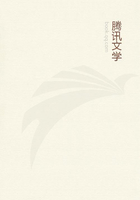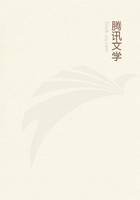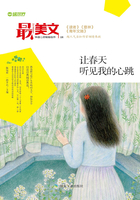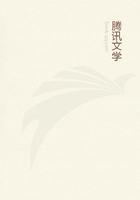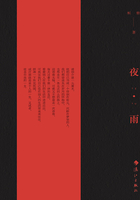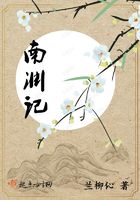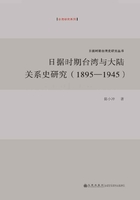BIOGRAPHICAL SKETCH.
The fame of Adam Smith rests so deservedly on his great work, the Wealth of Nations , that the fact is apt to be lost sight of, that long before he distinguished himself as a political economist he had gained a reputation, not confined to his own country, by his speculations in moral philosophy.
The Theory of Moral Sentiments was first published in 1759, when its author was thirty-six; the Wealth of Nations in 1776, when he was fifty-three. The success of the latter soon eclipsed that of his first work, but the wide celebrity which soon attended the former is attested by the fact of the sort of competition that ensued for translating it into French. Rochefoucauld, grandson of the famous author of the Maxims , got so far in a translation of it as the end of the first Part, when a complete translation by the Abbé Blavet compelled him to renounce the continuance of his work. The Abbé Morelletso conspicuous a figure in the French literature of that periodspeaks of himself in his Memoirs as having been impressed by Adam Smith's Theory with a great idea of its author's wisdom and depth of thought. (1)The publication of these two books, the only writings published by their author in his lifetime, are strictly speaking the only episodes which form anything like landmarks in Adam Smith's career. The sixty-seven years of his life (1723-90) were in other respects strangely destitute of what are called "events;" and beyond the adventure of his childhood, when he was carried away by gipsies but soon rescued, nothing extraordinary ever occurred to ruffle the even surface of his existence.
If, therefore, the happiness of an individual, like that of a nation, may be taken to vary inversely with the materials afforded by them to the biographer or the historian, Adam Smith may be considered to have attained no mean degree of human felicity. From his ideal of life, political ambition and greatness were altogether excluded; it was his creed that happiness was equal in every lot, and that contentment alone was necessary to ensure it. "What," he asks, "can be added to the happiness of the man who is in health, who is out of debt, and has a clear conscience?"To this simple standard, circumstances assisted him to mould his life.
His health, delicate in his early years, became stronger with age; necessity never compelled him to seek a competence in uncongenial pursuits; nor did a tranquil life of learning ever tempt him into paths at variance with the laws of his moral being or his country. In several passages of his Moral Sentiments , it will appear that he took no pains to conceal his preference for the old Epicurean theory of life, that in ease of body and peace of mind consists happiness, the goal of all desire.
But the charm of such a formula of life is perhaps more obvious than its rendering into an actual state of existence. Ease of body does not always come for the wishing; and peace of mind often lies still further from command. The advantage of the formula is, that it sets before us a definite aim, and affords us at any time a measure of the happiness we enjoy or of that we see around us. Judged by this standard, however, the conclusion must be and it is a conclusion from which Adam Smith does not shrink that the lot of a beggar may be equal in point of happiness to that of a king.
The result of this Epicurean theory of life on Adam Smith was, fortunately for the world, a strong preference for the life of learning and literature over the professional or political life. He abjured from the first all anxiety for the prizes held out by the various professions to candidates for wealth or reputation. Though sent to Balliol at seventeen as a Snell exhibitioner, for the purpose of fitting himself for service in the Church of England, he preferred so much the peace of his own mind to the wishes of his friends and relations, that, when he left Oxford after a residence of seven years, he declined to enter into the ecclesiastical profession at all, and he returned to Scotland with the sole and simple hope of obtaining through literature some post of moderate preferment more suitable to his inclinations.
Fortune seems to have favoured him in making such a course possible, for after leaving Oxford he spent two years at home with his mother at Kirkaldy. He had not to encounter the difficulties which compelled Hume to practise frugality abroad, in order to preserve his independence. His father, who had died a few months before his birth, had been private secretary to the Principal Secretary of State for Scotland, and after that Comptroller of the Customs at Kirkaldy. Adam Smith was, moreover, an only child, and if there was not wealth at home, there was the competence which was all he desired.
By the circumstances of his birth, his education, like that of David Hume, devolved in his early years upon his mother, of whom one would gladly know more than has been vouchsafed by her son's biographer. She is said to have been blamed for spoiling him, but it is possible that what seemed to her Scotch neighbours excessive indulgence meant no very exceptional degree of kindness. At all events, the treatment succeeded, nor had ever a mother a more devoted son. Her death, which did not long precede his own, closed a life of unremitted affection on both sides, and was the first and greatest bereavement that Adam Smith ever had to mourn. The society of his mother and her niece, Miss Douglas, who lived with them, was all that he ever knew of family life; and when the small circle broke up, as it did at last speedily and with short intervals of survival for those who experienced the grief of the first sepa ration, Adam Smith was well-advanced in years. He survived his mother only six years, his cousin about two;and he had passed sixty when the former died.

